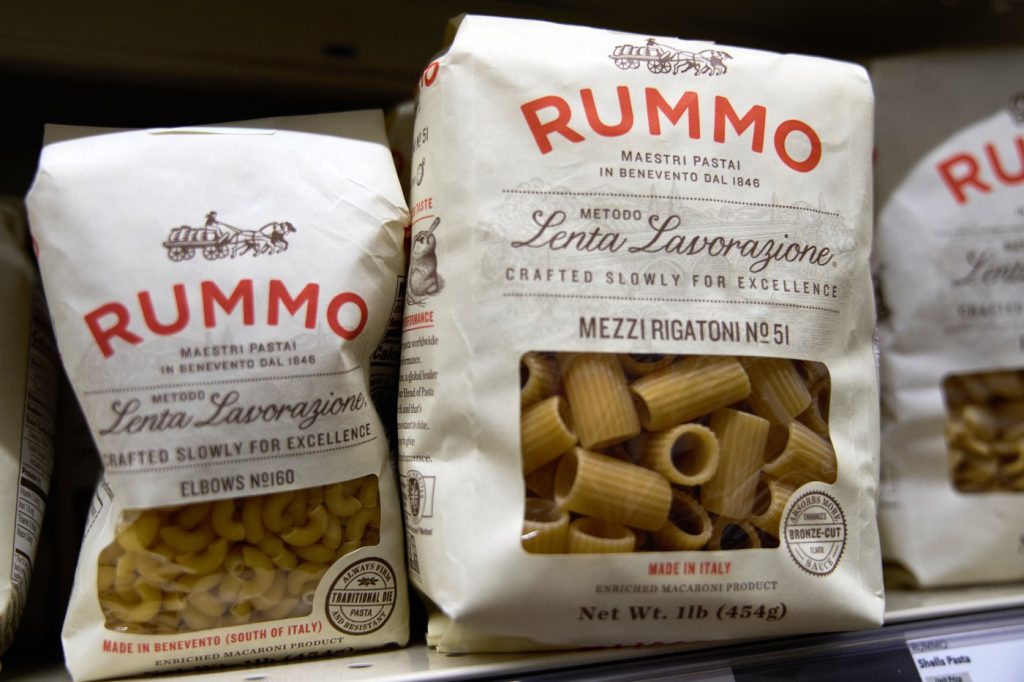PHILADELPHIA (AP) — In a surprising twist stemming from the U.S. Commerce Department's routine antidumping review, Italian pasta faces a potential hefty tariff of 92%, adding to a previous 15% tariff imposed during the Trump administration. This may lead to a staggering 107% levy on Italian pasta imports, raising concerns for consumers and producers alike.
The allegations suggest that Italian pasta makers have been selling their products below market prices in the U.S., undercutting local competitors. Around 13 Italian producers would be significantly affected, with fears that potential price hikes could drastically reduce sales in their second-largest export market, the United States, which accounts for about 15% of Italy's €4 billion ($4.65 billion) export economy.
In response, Italian officials, including Agriculture Minister Francesco Lollobrigida and EU Trade Commissioner Maros Sefcovic, have strongly condemned the imposition of these tariffs. They argue that the U.S. has not provided adequate evidence for its claims and have voiced concerns over the impact on small and medium-sized producers. Margherita Mastromauro, president of the pasta makers sector of Unione Italiana Food, emphasized the high prices of Italian pasta in comparison to American brands, arguing that this undermines the notion of dumping.
The controversy began after complaints from U.S. companies like 8th Avenue Food & Provisions and Winland Foods, which owns several pasta brands. The Commerce Department's investigation reviewed La Molisana and Garofalo, Italy's two largest exporters. It was alleged that these companies failed to provide accurate information, leading to a proposed import duty estimate of 92%, which would additionally extend to 11 other companies.
With the investigation's final decision set for January 2, the stakes are high for many companies. The sanctions would not only affect future imports but are also set to cover the preceding 12 months. Pasta producer Cosimo Rummo, whose company has exported about 20 million euros worth of pasta to the U.S., expressed his disbelief, stating that, “These tariffs are completely senseless.” He remarked that the price for pasta could potentially reach levels similar to those of wine, leading to a decline in consumer interest.
Local businesses in the U.S. are already feeling the tremors of these potential tariffs. Sal Auriemma, who runs Claudio Specialty Food in Philadelphia, shared his concern, saying, "Pasta is a pretty small sector to pick on. I mean, there's a lot bigger things to pick on." Many local retailers are hoping to maintain their current pricing structure until they receive clarity on the upcoming tariffs.
In a parallel occurrence, Pasta Rummo's CEO condemned the proposed measures, arguing that the consumer market would not support such inflated pricing. He affirmed that his company has no plans to shift production to U.S. facilities, which some brands have opted for to circumvent these tariffs.
Despite the criticism from Italian officials and producers, the Commerce Department remains firm, citing compliance issues with the two Italian companies at the center of the investigation. The implications of these tariffs extend beyond financial metrics; they touch on cultural sentiments, as many Americans value authentic Italian products, leading to a sense of alarm should these products face substantial price increases.











